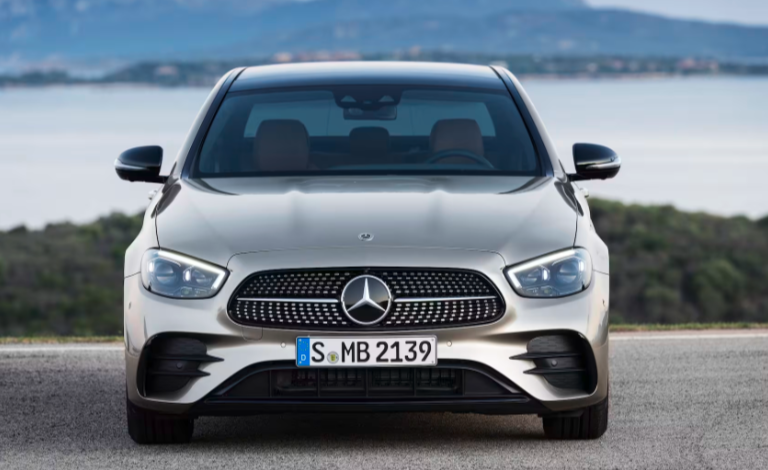Luxury German carmakers Mercedes-Benz and BMW have issued profit warnings, citing a slowdown in demand from affluent consumers in China as the primary reason.
Mercedes-Benz became the second automaker within a week to lower its earnings guidance for the year, following a similar move by BMW. Both companies are facing weaker-than-expected sales in their largest market, reflecting broader concerns about China’s struggling economy.
On Thursday, Mercedes-Benz announced a downward revision to its financial forecast, projecting an adjusted return on sales between 7.5% and 8.5%, down from an earlier estimate of up to 11%. This marks the second time the company has lowered its outlook since July. The automaker’s stock fell 6% in European trading following the announcement.
Mercedes CEO Ola Källenius acknowledged the challenges posed by weakening consumer confidence in China.
“When in your biggest market your main clientele is sitting on the fence, it makes things more difficult,” Källenius stated.
BMW had issued a similar warning the previous week, with its shares dropping 11%—the largest one-day decline since the pandemic panic of 2020.
China has been a critical market for luxury automakers like Mercedes-Benz and BMW, traditionally delivering high-margin sales, particularly for top-end models like the Mercedes-Benz S-Class. However, in the first eight months of 2023, Mercedes’ sales in China fell by 10%, while BMW’s dropped by 11%, according to data from Bernstein. Meanwhile, French luxury brands such as LVMH and Kering have also experienced declining sales in the Chinese market, signaling a wider trend of cautious consumer spending.
German automakers are facing additional challenges as they transition to electric vehicles (EVs). While China has been a lucrative market for traditional luxury cars, local EV manufacturers like BYD, Li Auto, and XPeng are gaining ground, offering advanced technology and competitive pricing. Younger Chinese consumers, who are more tech-savvy, are increasingly gravitating toward homegrown brands with cutting-edge in-car digital features.
Despite the slowdown, Mercedes and BMW have been hesitant to engage in the price wars that have disrupted the mainstream Chinese auto market. Porsche, another high-end German brand, saw its sales fall by a third in the first half of 2023 as it maintained a “value-over-volume” strategy.
Beyond China, other factors are also weighing on the profitability of German automakers. BMW, for instance, is grappling with a costly brake module defect that could result in repair expenses of nearly $1.1 billion. Meanwhile, Mercedes-Benz is adjusting the valuation of slow-selling EVs, a move that is expected to cut into its revenue by around €850 million in the second half of the year.
With input from Market Watch, the Wall Street Journal, Bloomberg.









